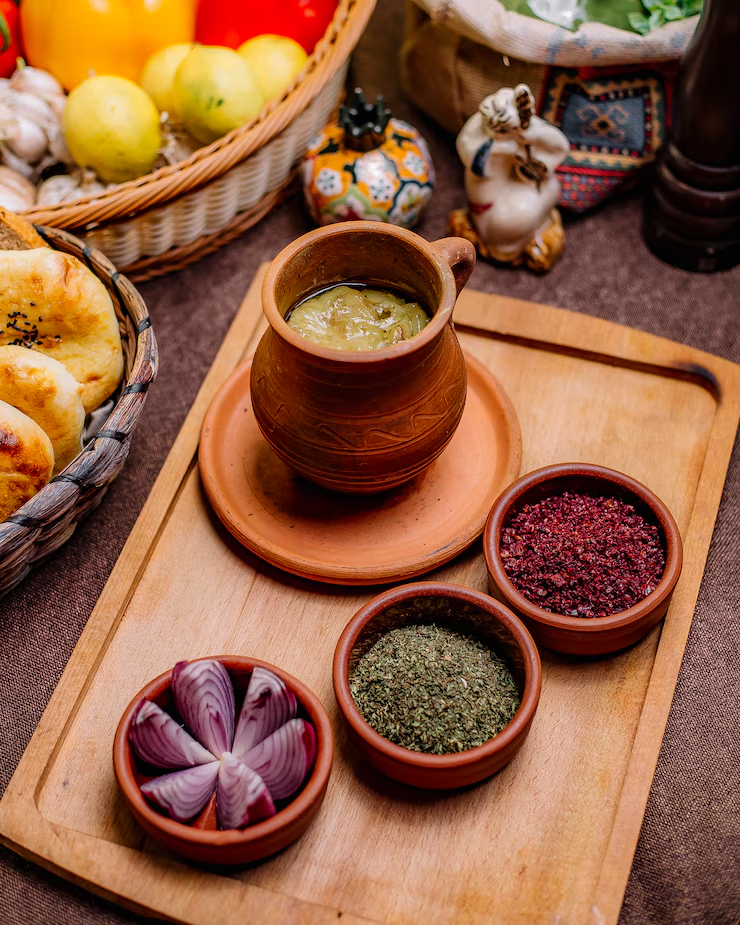Kosher Meaning: A Tradition of Clean and Conscious Eating
The Kosher Meaning has its roots in Jewish dietary laws but extends far beyond religious observance. In today’s world, kosher food represents purity, discipline, and a commitment to high standards in sourcing and preparation. Whether for spiritual, ethical, or health reasons, more people are turning to kosher-certified products. What the Kosher Meaning Covers The Kosher Meaning begins with understanding which foods are considered acceptable. Only certain animals meet kosher criteria—land animals must chew their cud and have split hooves, such as cows, goats, and sheep. Pork is strictly forbidden. For seafood, fish must have both fins and scales, ruling out shellfish like shrimp and crab. Dairy and meat are never mixed in a kosher diet. They must be prepared, cooked, and served separately, often using different utensils and kitchenware. This separation is essential in maintaining the kosher status of a meal and reflects the deep respect for food laws in J...




-min.png)